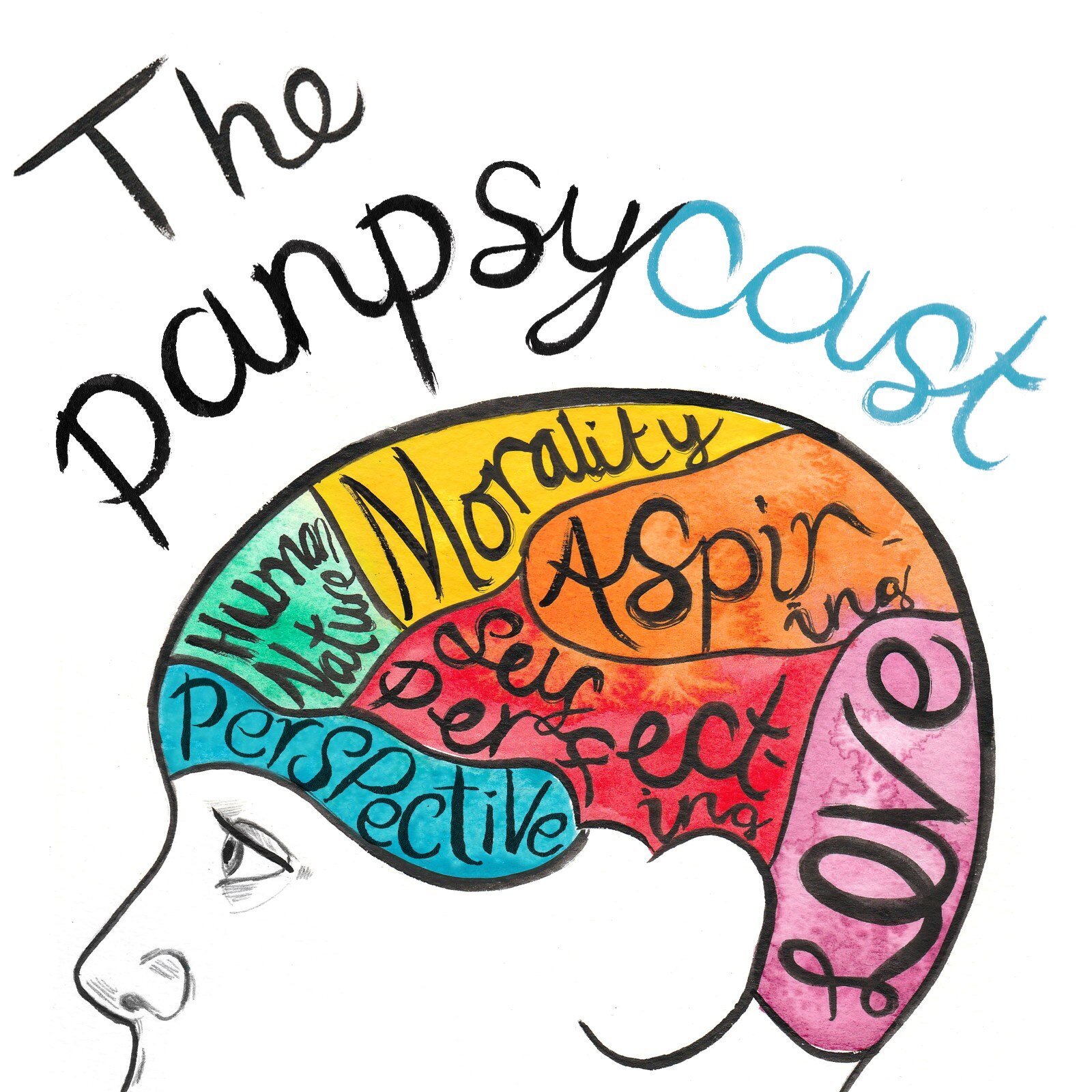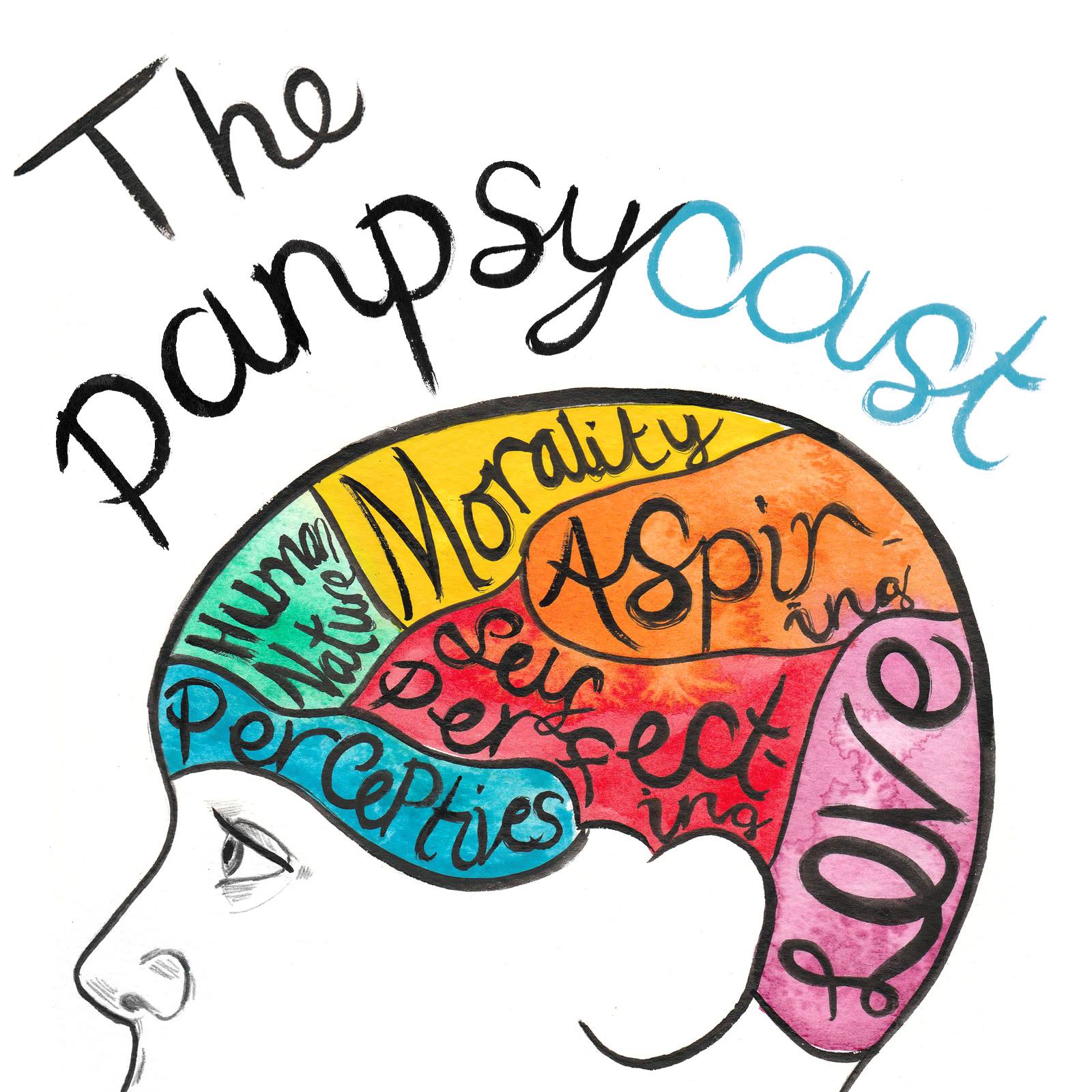Welcome to 'Episode 92 (Part I of II)’, in which we’ll be talking to Rebecca Buxton and Lisa Whiting about their book, The Philosopher Queens.
In Plato’s ideal state, the wisest amongst the populous would be selected to rule. These rulers, who could see beyond the shadows to glimpse the light of truth, would be trusted to make choices to the benefit of all. The gender of these leaders, said Plato, was not to matter – despite him labelling them ‘the philosopher kings’.
That ideal was never realised but the conversation started by Plato and his contemporaries inspired what many think of as the birth of ‘Western Philosophy’. The central tenets being: the nature of reality, truth and knowledge, how to live the good life, and most importantly, the practice of prudence and the pursuit of justice.
To the Ancient Greeks, Prudence and Justice were personified as females. The term ‘philosophy’ itself contains the Greek word ‘Sophia’ meaning wisdom – which was also personified in the female form. Thus, it is a great irony that much of the history of philosophy has focused on the achievements of men: at its lowest points using its own intellectualising to oppress women. Prudence and justice seemed only to exist for men.
However, there have always been women concerning themselves with the big questions, seeing beyond the darkness and shadows that kept their societies stuck in male-centric thinking. Now more than ever, there are people dedicated to pointing the spotlight on women’s ideas, women’s lives, and women’s achievements. Rebecca Buxton and Lisa Whiting call them, ‘the philosopher queens’.
The file size is large, please be patient whilst the podcast buffers/downloads/reflects on the lives and legacies of philosophy's unsung womenContents
Part I. Women in Philosophy
Part II. Further Analysis and Discussion



